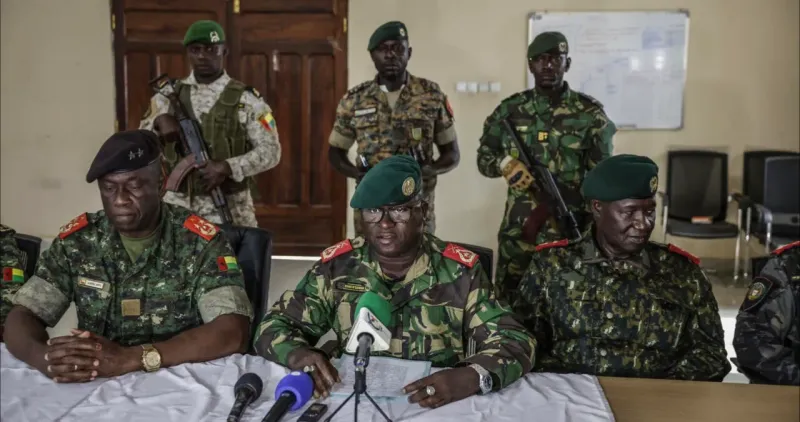
Amid mounting tension following Sunday’s presidential vote, a faction of military officers in Guinea-Bissau announced that they had taken power, with reports emerging that President Umaro Sissoco Embaló had been detained.
The officers later appeared on state television to declare the electoral process suspended. They said their action was intended to prevent a scheme by unnamed politicians, allegedly backed by “the support of a well-known drug baron”, which they claimed aimed to destabilise the nation. They also ordered the country’s borders closed and instituted a night-time curfew.
Guinea-Bissau, wedged between Senegal and Guinea, has long been associated with political volatility. Since gaining independence from Portugal in 1974, the military has remained influential in a state widely regarded as a hub for drug trafficking.
Both Embaló and his chief challenger, Fernando Dias, had proclaimed victory as the country awaited the election results, which were due on Thursday. Dias had received backing from former Prime Minister Domingos Pereira, who was barred from standing.
As events unfolded on Wednesday afternoon, Embaló reportedly told France 24 during a phone conversation: “I have been deposed.” Government insiders later informed journalists that Dias, Pereira, and Interior Minister Botché Candé had also been taken into custody. According to the same sources, army chief Gen Biague Na Ntan and his deputy, Gen Mamadou Touré, were likewise detained by the putschists.
Election observer missions from the African Union and the West African bloc Ecowas issued a joint statement expressing “deep concern with the announcement of a coup d'etat by the armed forces”. They described the vote as an “orderly and peaceful” process and lamented the timing, noting: “It’s regrettable that this announcement came at a time when the missions had just concluded meeting with the two leading presidential candidates, who assured us of their willingness to accept the will of the people.”
Earlier in the capital, Bissau, witnesses reported hearing gunfire around 13:00 GMT, though it remained unclear who was responsible or whether there were casualties. AFP noted that hundreds of residents fled on foot and by car as shots echoed through the city.
Later in the day, General Denis N’Canha, who heads the military household at the presidential palace, delivered a televised declaration announcing the takeover. He stated that the officers had formed “the High Military Command for the Restoration of Order” and urged citizens to “remain calm”. Checkpoints soon appeared across the city, and the streets emptied ahead of the 19:00 GMT curfew.
Portugal, the former colonial power, called for a swift return to constitutional rule. Its foreign ministry appealed to all parties to avoid “any act of institutional or civic violence”. Over the past fifty years, the country has experienced at least nine coups or attempted coups.
Embaló, 53, has claimed to have survived several coup attempts during his tenure, though critics accuse him of fabricating crises to silence opponents. He had hoped to become the first leader in three decades to win a second consecutive term. Although he initially said he would not run again, opposition groups argued that his presidency should have officially ended in February 2025, raising further questions about his legitimacy ahead of the delayed election.

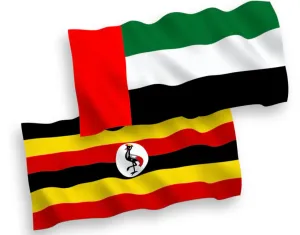
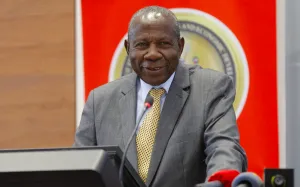
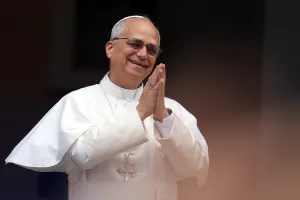
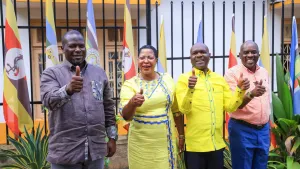
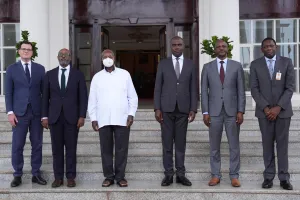





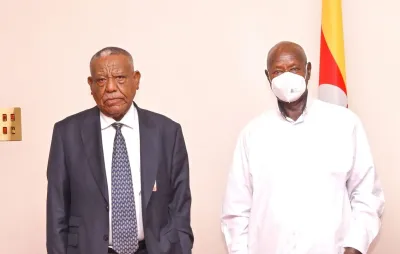
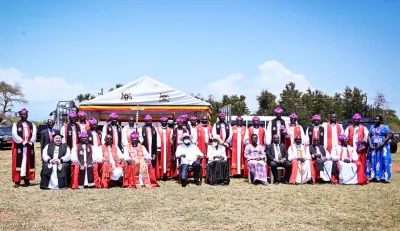
Phillip Baraka
Leave a Comment
Your email address will not be published.